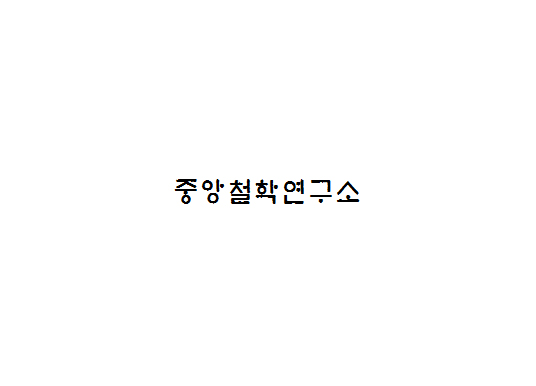칸트의 실천철학 체계 기획 ―‘자유로운 의사’에 대한 초월적 반성을 중심으로
The Systematic Conception of Kant’s Practical Philosophy: Focusing on Transcendental Reflection on the “freie Willkur”
칸트의 실천철학에서 자유로운 의사의 외적 자유(äußere Freiheit)와 내적 자유(innere Freiheit)로의 구분은 매우 중요하다. 그러나 이 구분에 대한 칸트의 설명이 충분한지에 대해서는 의견이 갈린다. 본 논문은 이 문제를 칸트의 『순수이성비판』 부록인 「반성 개념들의 모호성에 관하여」와 연결 지어 논의하고자 한다. 본 연구의 목표는 실천철학의 체계 구분에 대한 칸트의 관점을 명확히 함으로써, 향후 비판적 논의를 위한 기초를 마련하는 것에 있다. 「반성」 장에 대한 분석과 이어지는 『윤리형이상학』 독해는 이러한 관점에서 진행된다. 이 논의에 기반하여 제시될 본 연구의 결론은 칸트가 자유의 실현을 위한 기술적 관점에서 실천철학의 체계를 구분했다는 것이다. ‘자유로운 의사’에 대한 초월적 반성 역시 이 관점에서 중요한 역할을 한다는 점이 강조된다.
The Systematic Conception of Kant’s Practical Philosophy: Focusing on Transcendental Reflection on the “freie Willkur”. The distinction between external and internal freedom occupies a central position in Kant’s practical philosophy. However, there remains some ambiguity regarding how this distinction should be understood. This study addresses this question by examining an appendix of Kant’s Critique of Pure Reason, specifically the chapter “On the Amphiboly of the Concepts of Reflection.” The analysis of this text, along with the subsequent examination of the introduction to the Metaphysics of Morals, is conducted under the assumption that a parallel exists between the two works concerning the concept of “freie Willkür”. The conclusion emphasizes that transcendental reflection plays a pivotal role in Kant’s practical philosophy, as the laws of freedom must be actualized within the human faculty of freedom. Against this background, the study concludes that transcendental reflection engages with the concept of free will in order to ensure the realization of freedom in the practical life of human beings.
중앙대학교 중앙철학연구소
한국공학대학교 이지선

